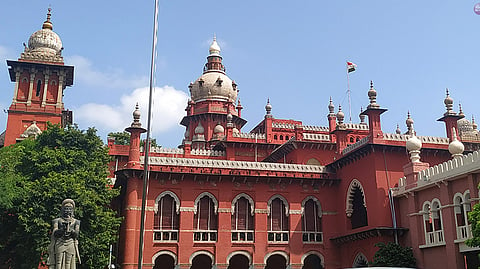
- News
- Columns
- Interviews
- Law Firms
- Apprentice Lawyer
- Legal Jobs
- हिंदी
- ಕನ್ನಡ

The Madras High Court recently said that while courts normally do not interfere with police investigation, they cannot turn a blind eye if the police begin to harass citizens under the guise of investigation.